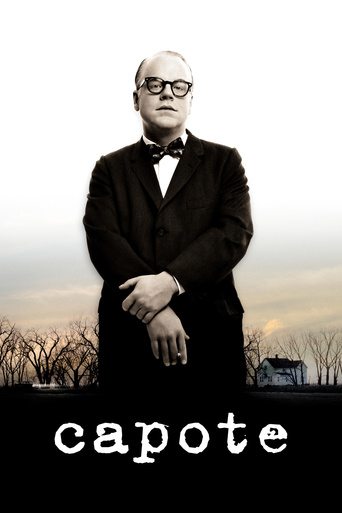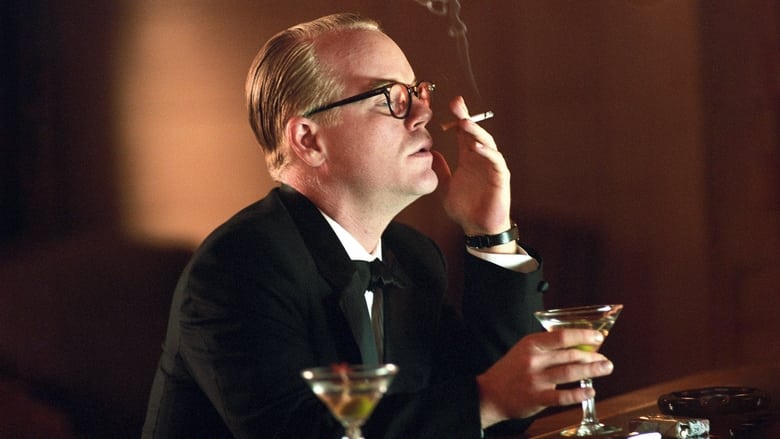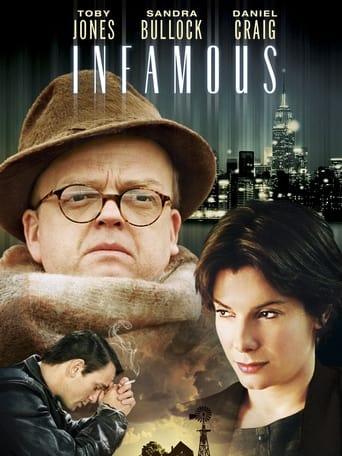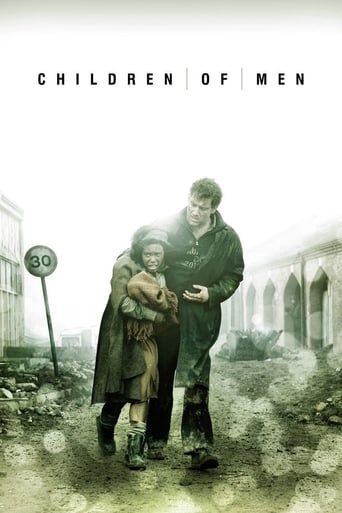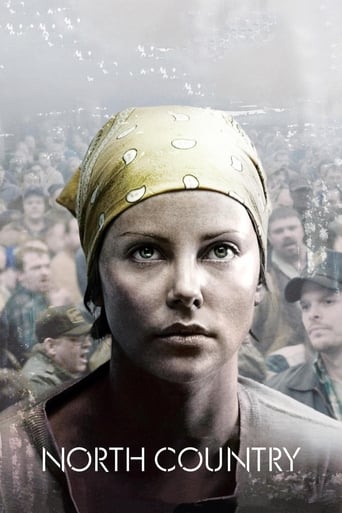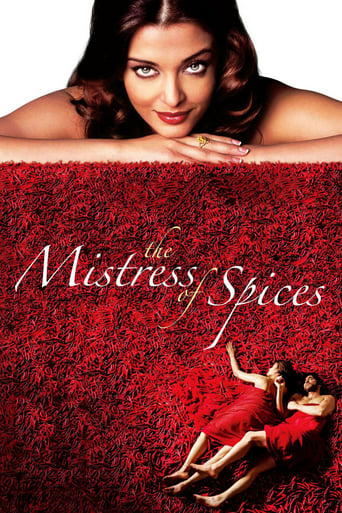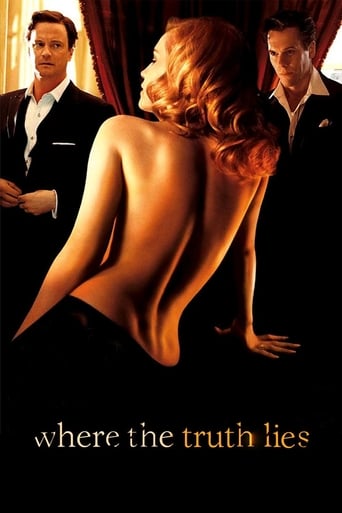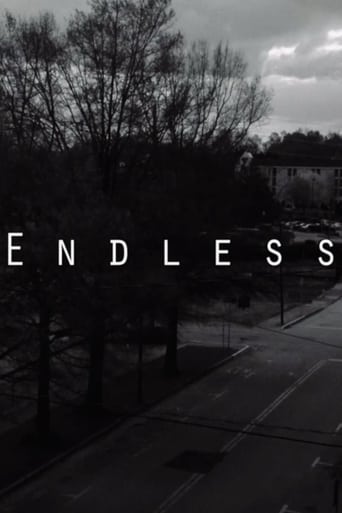Capote (2005)
A biopic of writer Truman Capote and his assignment for The New Yorker to write the non-fiction book "In Cold Blood".
Watch Trailer
Free Trial Channels
Cast


Similar titles
Reviews
Good start, but then it gets ruined
A lot of fun.
if their story seems completely bonkers, almost like a feverish work of fiction, you ain't heard nothing yet.
The acting is good, and the firecracker script has some excellent ideas.
The story is basically the same as "In Cold Blood" but it's from a different POV. In Cold Blood was an autobiographical story of Truman Capote's experience writing about these horrible murders. "Capote" is a look at the same events but it's a more objective view of Truman C. The motivations of Truman Capote are more clear in this version and the film reaches a greater sense of truth regarding the characters involved in these awful crimes. I enjoyed the movie a lot and highly recommend it. Philip Seymour Hoffman was stupendous ac TC and he deserved the Oscar for sure!
'In Cold Blood', Truman Capote's most famous book, was a thinly fictionalised account of some real life murders; which he befriended the killers to write. 'Capote' tells the story of the book's gestation. At its dramatic core is the tension between Capote the professional, to whom his subjects are just material, and Capote the human being; to be a writer, of course, he needs to function on both levels. But nonetheless, the film presents him as someone so fundamentally self-centred that it's hard to see why we should care about his ethical unease - there's little doubt that ultimately he's going to resolve it in his own favour anyway. Philip Seymour Hoffman is very good in the title role but there really doesn't seem to be too much purpose to this movie, except to genuflect in reverence of the "artist".
"I thought that Mr. Clutter was a very nice gentleman. I thought so right up to the moment that I cut his throat." This is perhaps the most defining and haunting line of Truman Capote's "In Cold Blood", one that stuck to my mind like dried mud on boots' soles. The essence of Capote's masterpiece is to have asked the question: how could people like the brave, God-fearing Kansan Clutter family members be slaughtered like hogs by two hoods who admitted that they had nothing personal against them.The question could never have a satisfying answer. The book and its cinematic documentary-like adaptation of 1967 chronicled the chain of events that made the Clutters cross the path of Perry Smith and Dick Hicock and while we got a few insights on the killers' troubled personalities, there couldn't be a satisfying 'explanation' to the crime. The closest to a 'conclusion' was that neither Dick nor Perry could kill alone but together they formed that third personality that could slit the throat of Mr. Clutter and shotgun to death his wife, son and daughter.But for me, the real conclusion was that it was all a stupid waste, Hicock didn't have the killing DNA, whatever that meant, Smith was a tormented artist, if within their inhumanity, they were humane enough to put pillows under their victims' head, if Perry didn't let Dick have 'his way' with Nancy, so it is a real waste that they just didn't leave the house and let everybody live. I deplored the loss of six lives at the end of my "In Cold Blood" review, daring to include the killers. Little did I know that there was a seventh victim, a collateral damage on an emotional level. Truman Capote himself, who died of complications from alcoholism in 1984 but it is established that this was a result from his work on "In Cold Blood", the bond he developed with Perry Smith and the conclusion of this very relationship, one of painfully conflicting reactions.Bennet Miller's "Capote" features the same third act than Richard Brooks' classic but this time with the focus on Capote. In the first film, he was a sort of neutral character, a man who allowed Perry and Dick to talk and share their feelings, with "Capote", we get new insights on this relationship and the way it drove the writer's interest and then fascination for the case. I mentioned in my review of "In Cold Blood" that it was one of morbid nature and somewhat it was. When Capote meets Alvin Dewey (Chris Cooper reprising William Forsythe's role) he tells him that he doesn't care for the resolution, the nature of the crime and the victims is the primal focus. It takes the discovery of the coffin's contents and the macabre detail: a cotton device applied to hide the disfigured heads so Capote can measure the atrocity of the crime.And then, when he finally meets Perry Smith, something just 'kicks off', and the duo drives the film just like Hicock and Smith in the first. What does Capote see in Smith if not a small man, half-Cherokee, carrying the stigmata of a tormented childhood, just like he does. In Smith (played by Clifton Collins Jr.); Capote sees himself, he whose mannerisms, short stature and homosexuality made him a natural outcast. Capote can't see any evil in Smith while he must admit that he was evil enough to commit such a horrific crime, this is the start of the book. And as Capote tells Perry, if he doesn't write his story, people will believe he's a monster. But Perry sees in Capote a genuine desire to help him, a misunderstanding that Capote deliberately entertains because he needs a Perry as healthy and friendly and talkative as possible.Capote loves Perry but he loves his project even more and in order to make his masterpiece, he has no other choice than compromising his own self-esteem. There's some moral justice that the process of making a book about such an affecting story would also affect the writer himself, as if no one could survive from it. And that's the most captivating aspect about the film because we see an artist in the process of making a nonfiction book, but whose basis is the character study of two despicable human beings. And in the same time, as viewers, we're also transported by the character study of Truman Capote and the way this hidden, hammy and cynical genius finally meets his match and makes the acquaintance with his destiny."Capote" doesn't duplicate the shocking effect of "In Cold Blood" but doesn't sugarcoat the disturbing elements, we see the brutal killings and we see how Capote approaches the truth as scared as confident. The performance of Philip Seymour Hoffman makes you realize what a tremendous loss he was for cinema and what a tragic coincidence that he also died from his personal demons, as coincidentally tragic that Robert Blake, who played Perry Smith, would also be later accused of a crime. Sometimes, fiction is crazier than reality and it is perhaps for this reason that "In Cold Blood" revolutionized modern literature by proving that even journalism style can inspire masterpieces, the catch is that the nonfictional emotions would also spread to the author and ultimately kill him.In the film, Nelle Harper Lee, played by Catherine Keener, helps Capote in his investigation, and the project lasts so long that she has time to write "To Kill a Mockingbird" and go to the premiere of the film's adaptation. It would take years for Capote to make "In Cold Blood" and while Lee lived till her peaceful death in 2016, Capote would never recover for it and will die less than two decades after. You have nothing for nothing and what Capote shows is the prices we shall pay to have some unique and universal glimpses of human natures, even when scumbags inspire genius.
"Capote", like it's subject, is not conventional. Rather than trying to observe Trumand Capote's entire life in one film, it observes the peak of his career and his turning point in his life, and that is the four years that he was researching and writing the first non fiction novel, "In Cold Blood". Yet the film seems to do justice to his entire life by subtle dialogue and showing his major development over the course of these four years. The film has a quiet, somber mood that fits perfectly with the subject, and one of Philip Seymour Hoffman's greatest performances in a career full of great performances.Truman Capote hears about a murder of the Clutters family in Kansas, and begins to do research on the subject. Buy when he finally sees one of the two murderers, Perry Smith, he seems immediately entranced by how lonely and shy Perry is, completely reversing his expectations, and as a shot in that scene shows, he feels like he is trapped in a cage away from Perry, rather than vice versa. But what Truman really sees is himself in Perry. As Truman states earlier in the film, people often feel that they know him, or have him figured out when really they have no idea who he is. And the same goes for Perry. He is a murderer, and that's all that most people will ever see in him from now on. But Truman sees something else, and wants, no, needs to understand this man. Truman places a lot of emphasis on the fact that he wants to change the way the world views Perry, and he also seems to want to change the way he is viewed. He says Perry wants so desperately to be taken seriously, but Truman is trying the be taken seriously by making this book as well. He begins meeting with him and they slowly reveal themselves to each other, Truman learning that Perry had a troubled childhood as well. Perry is very reluctant to talk about the actual murder, however. Truman begins drifting away from everyone else in his life, and there comes a point in the film 2 here it seems that the two may be using each other, but then the scene comes where Perry talks about the murders with Truman, and it's clear that the two have a connection. Ironically, the time when Perry seems the most weak and vulnerable is actually in the scene of the murders. After this, it cuts forward, and at this point Truman just wants this to be over, and frankly, he just hopes that Perry can just die so he never has to worry about him again. Perry begins trying to contact him, but Truman knows that he can't let himself get connected to Perry again, or else he may never recover. Eventually, however, just before his execution, Perry sends a heartfelt letter that brings Truman to him shortly before his execution. He witnesses the execution and kept telling himself there was nothing he could do to prevent it afterwords. But he can't escape the truth and it seems a part of him was lost forever when Perry died.The film is a not only a great character study, but one of the greatest biopics of all time, and a sad reminder that there is almost always much more to the people we think we understand.

